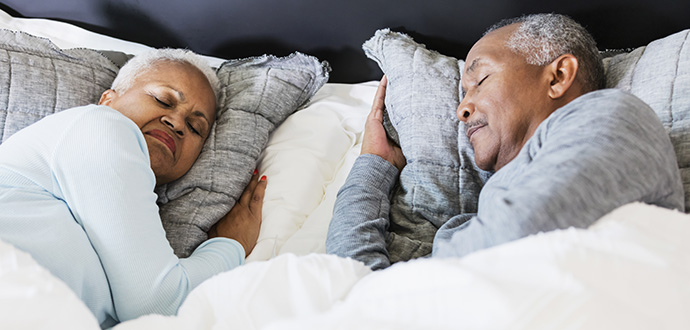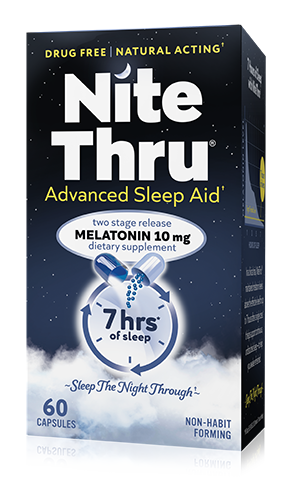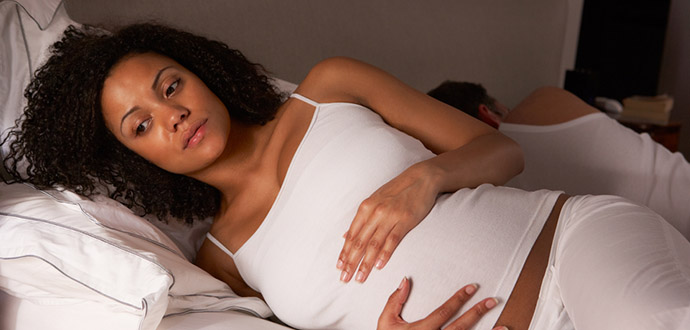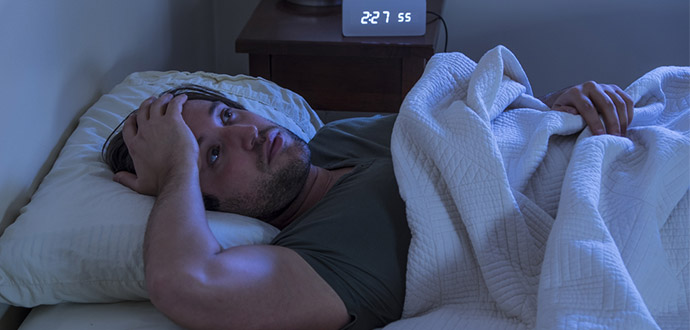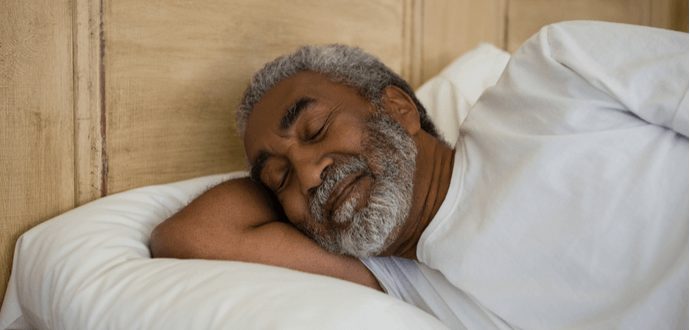The Best Temperature for Sleep & Why Body Temperature Changes at Night
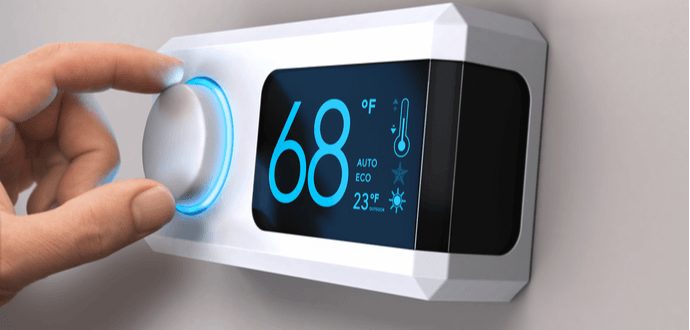
Many changes happen in the body during sleep as it transitions from REM sleep to the various stages of non-REM sleep. For example, most people’s body temperature fluctuates during sleep, breathing patterns change, and the brain shifts between levels of activity. Temperature changes often range between one and two degrees, but larger temperature swings may warrant concern.
Here is some information about thermoregulation and why body temperatures increase and decrease during sleep. This article discusses ways to help the body achieve an optimal body temperature to ensure a restful night’s sleep.
Does Your Body Temperature Drop When You Sleep?
A common question that people have is does your body temperature drop when you sleep. The short answer is yes because the human body begins cooling itself down for sleep in the evening due to a process called thermoregulation. This is a circadian cycle that affects the sleep-wake cycle, and it is necessary because a lower body temperature helps a person fall asleep and stay asleep throughout the night.
Causes for High Body Temperature at Night
Women who are in menopause often experience increased body temperatures and night sweats that keep them awake at night. Research shows that these disruptions can last for approximately seven years if not controlled by effective treatment options, such as cognitive behavior therapy. Other causes for high body temperature at night include sleeping in environmental conditions that are extremely warm, having certain medical conditions, or simply wearing too many clothes to bed. Hormonal imbalances, gastroesophageal reflux disease, and obesity can also contribute to overheating during sleep and night sweats.
Best Temperature for Sleep
With regard to room temperature, the best temperature for sleep is between 60 and 67 degrees Fahrenheit.2 This will help the body’s temperature naturally settle at around 97 to 98 degrees Fahrenheit. Throughout the day, a healthy body’s natural temperature typically fluctuates between 98 and 100 degrees Fahrenheit.
How to Achieve an Optimal Body Temperature for Sleep
One of the best ways to achieve an optimal body temperature and prepare the body for sleep is to adjust the bedroom’s thermostat to approximately 65 degrees Fahrenheit.2 It may also help to reduce the number of blankets used on the bed or invest in a mattress that promotes an ideal body temperature. Chilipad, for example, is a sleep system that helps people control body heat in bed throughout sleep cycles.
When combined with these temperature-specific solutions, melatonin supplements can help people fall asleep and stay asleep all night.1 Other ways to promote a healthy body temperature during sleep is to keep hands and feet warm before bed and to give the body a couple relaxing hours to wind down and adjust between the waking and sleeping hours.
References
- National Institutes of Health. Melatonin: In Depth. Retrieved December 13, 2018 from https://nccih.nih.gov/health/melatonin
- National Sleep Foundation. The Ideal Temperature for Sleep. Retrieved December 14, 2018 from https://www.sleep.org/articles/temperature-for-sleep/
